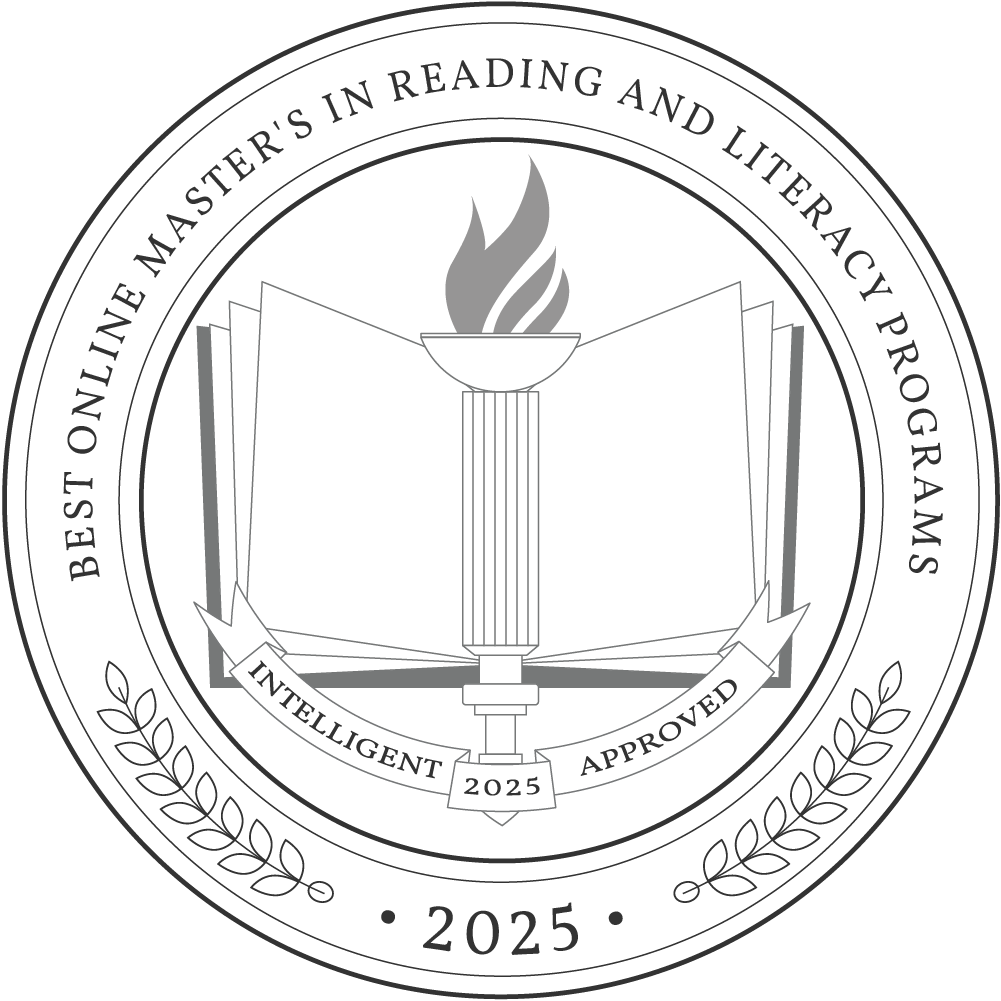An online master’s in reading and literacy prepares students to provide instruction to people of all ages who need to improve their language, reading, and writing skills. Career paths with a master’s in reading and literacy include elementary, middle, or high school teachers, who earn a median annual salary of around $65,000. Also, instructional coordinators earn a median annual salary of $74,620, and training and development managers make $125,040.
The best online master’s in reading and literacy programs vary in cost. The average annual tuition for a graduate degree is $12,596 at public institutions and $28,017 at private institutions. Most programs take two years to complete if you attend school full-time.
Why Trust Us
The Intelligent.com Higher Education Team is dedicated to providing students with independent, equitable school and program rankings and well-researched resources. Our expert-driven articles cover topics related to online colleges and programs, paying for school, and career outlooks. We use data from the U.S. Department of Education’s College Scorecard, the National Center for Education Statistics, and other reputable educational and professional organizations. Our academic advisory team reviews content and verifies accuracy throughout the year for the most current information. Partnerships do not influence rankings or editorial decisions.
- Analyzed over 2,000 national, accredited, and nonprofit colleges and universities
- 800+ rankings pages are reviewed and updated yearly
- Content is informed by reputable sources, surveys, and interviews with academic advisors and other experts
- Over 100 data points are reviewed for accuracy and quality throughout the year, including sources
How we rank schools
Our list features the best online reading and Literacy degree programs at top colleges nationwide. Each school featured is a nonprofit, accredited institution — either public or private — with a high standard of academic quality for post-secondary institutions.
We evaluated each school’s program on tuition costs, admission, retention and graduation rates, faculty, reputation, and the student resources provided for online students. We collected data from trusted sources like the National Center for Education Statistics, individual school and program websites, school admissions counselors, and other data sources. Then, we calculated the Intelligent Score on a scale of 0 to 100 based on the following criterion:
Academic Quality:
- Admission rate versus enrollment rate
- Retention rate of students who return after year one
- Accreditation status (regional and programmatic)
- Nonprofit status, both private and public institutions
Graduation Rate
- Overall graduation rate
- Total number of currently enrolled students, including diversity metrics
- Student-to-faculty ratio
Cost and ROI
- In-state and out-of-state per-credit tuition rates and fees
- Required credits to graduate
- Earning potential after graduation
- Availability of federal student loans, scholarships, and other financial aid options
Student Resources
- Available student services for online-only and hybrid programs
- On-campus amenities like tutoring centers and the number of libraries
Read more about our ranking methodology.
Best 48 Accredited Online Master's in Reading and Literacy Programs
FiltersInstitution Type
Status
- Intelligent Score
- Alphabetically By University Name
- Acceptance Rate
- Enrollment
- In-state Graduate Tuition
- Out-of-state Graduate Tuition
- In-state Undergraduate Tuition
- Out-of-state Undergraduate Tuition

SUNY Oneonta
Intelligent Score: 98.63In-state: $7,070
Out-of-state: $16,980
In-state: $11,310
Out-of-state: $11,310
SAT: 860-1060
ACT: N/A
$565
Online
Association for Advancing Quality in Educator Preparation
30

University of Florida
Intelligent Score: 97.59In-state: $4,477
Out-of-state: $25,694
In-state: $10,770
Out-of-state: $10,770
SAT: 1290-1460
ACT: 29-33
$448
Online
Southern Association of Colleges and Schools Commission on Colleges
36
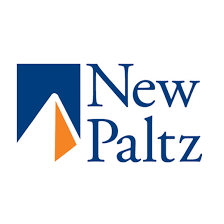
SUNY New Paltz
Intelligent Score: 97.15In-state: $29,856
Out-of-state: $40,106
In-state: $34,096
Out-of-state: $34,096
SAT: NA
ACT: NA
$565
Online, On-Campus
Middle States Commission on Higher Education
36
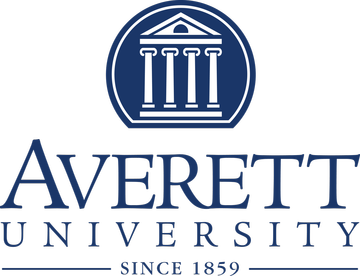
Averett University
Intelligent Score: 96.66In-state: $11,520
Out-of-state: $11,520
In-state: $11,790
Out-of-state: $11,790
SAT: N/A
ACT: N/A
$530
Online
Southern Association of Colleges and Schools Commission on Colleges
34
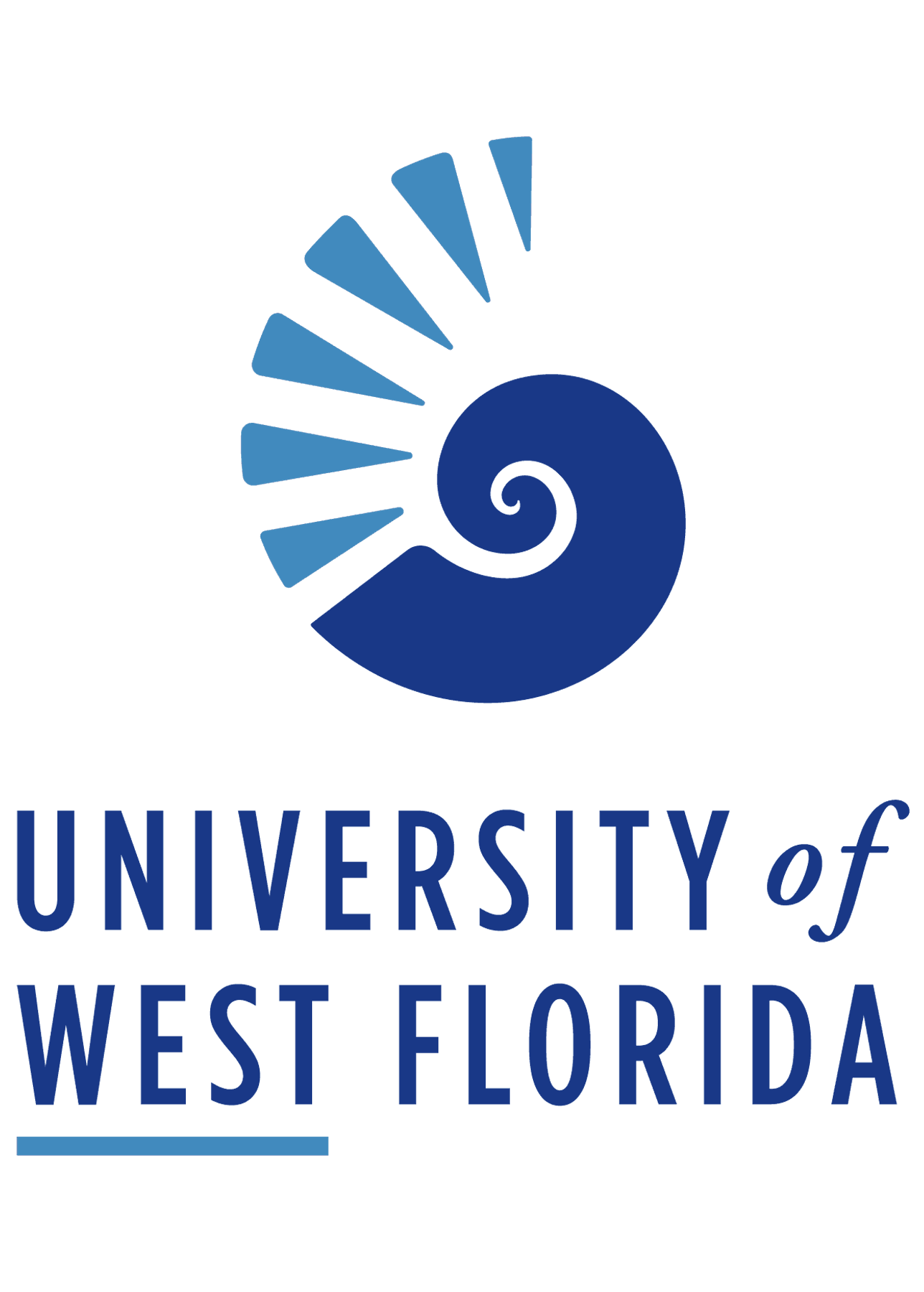
University of West Florida
Intelligent Score: 95.59In-state: $3,735
Out-of-state: $16,004
In-state: $7,088
Out-of-state: $7,088
SAT: 1060-1230
ACT: 21-27
In-State: $384
Out-of-State: $1,044
Online
Council for the Accreditation of Educator Preparation
30

SUNY Cortland
Intelligent Score: 95.22In-state: $7,070
Out-of-state: $16,980
In-state: $11,310
Out-of-state: $11,310
SAT: 860-1060
ACT: N/A
In-State: $471
Out-of-State: $962
Online
Middle States Commission on Higher Education
30

Arkansas State University
Intelligent Score: 95.07In-state: $5,232
Out-of-state: $10,800
In-state: $4,986
Out-of-state: $4,986
SAT: 1000-1220
ACT: 20-26
$340
Online
Council for the Accreditation of Educator Preparation
30
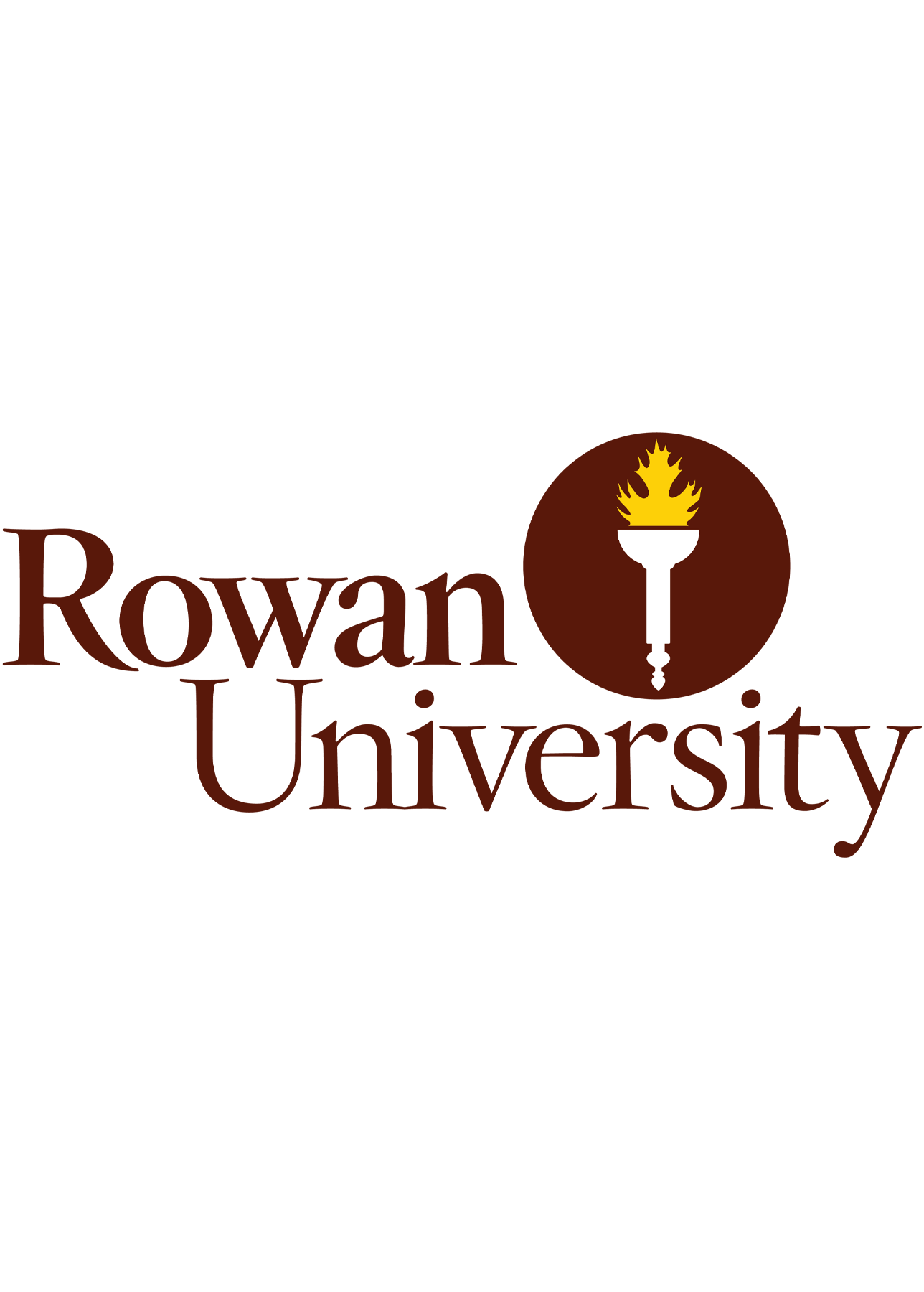
Rowan University
Intelligent Score: 95.06In-state: $9,573
Out-of-state: $18,605
In-state: $12,879
Out-of-state: $12,879
SAT: 1040-1250
ACT: 20-28
$827
Online
Middle States Commission on Higher Education
34
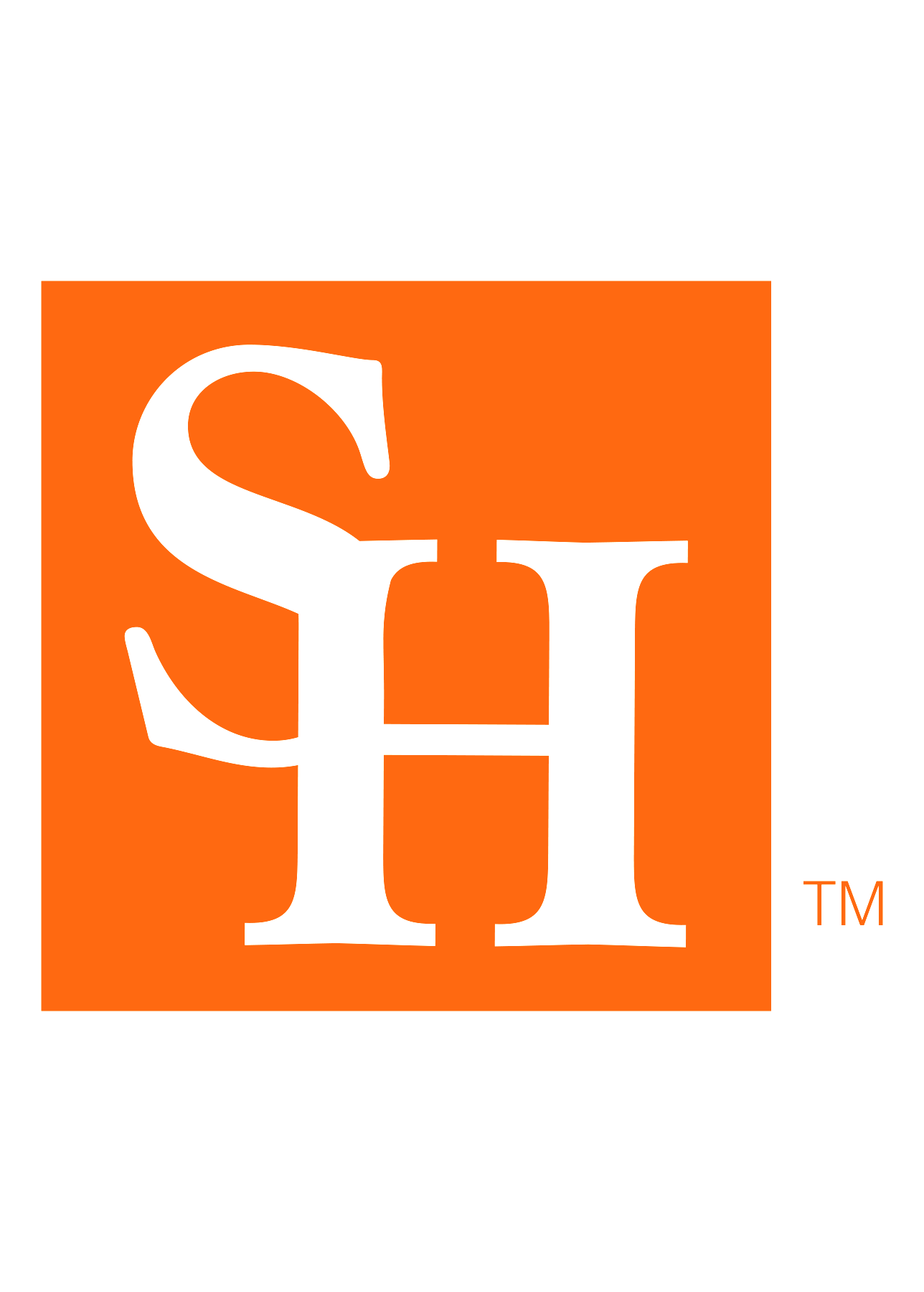
Sam Houston State University
Intelligent Score: 94.37In-state: $5,856
Out-of-state: $15,672
In-state: $5,765
Out-of-state: $5,765
SAT: 970-1120
ACT: 18-23
$320
Online
Southern Association of Colleges and Schools Commission on Colleges
36
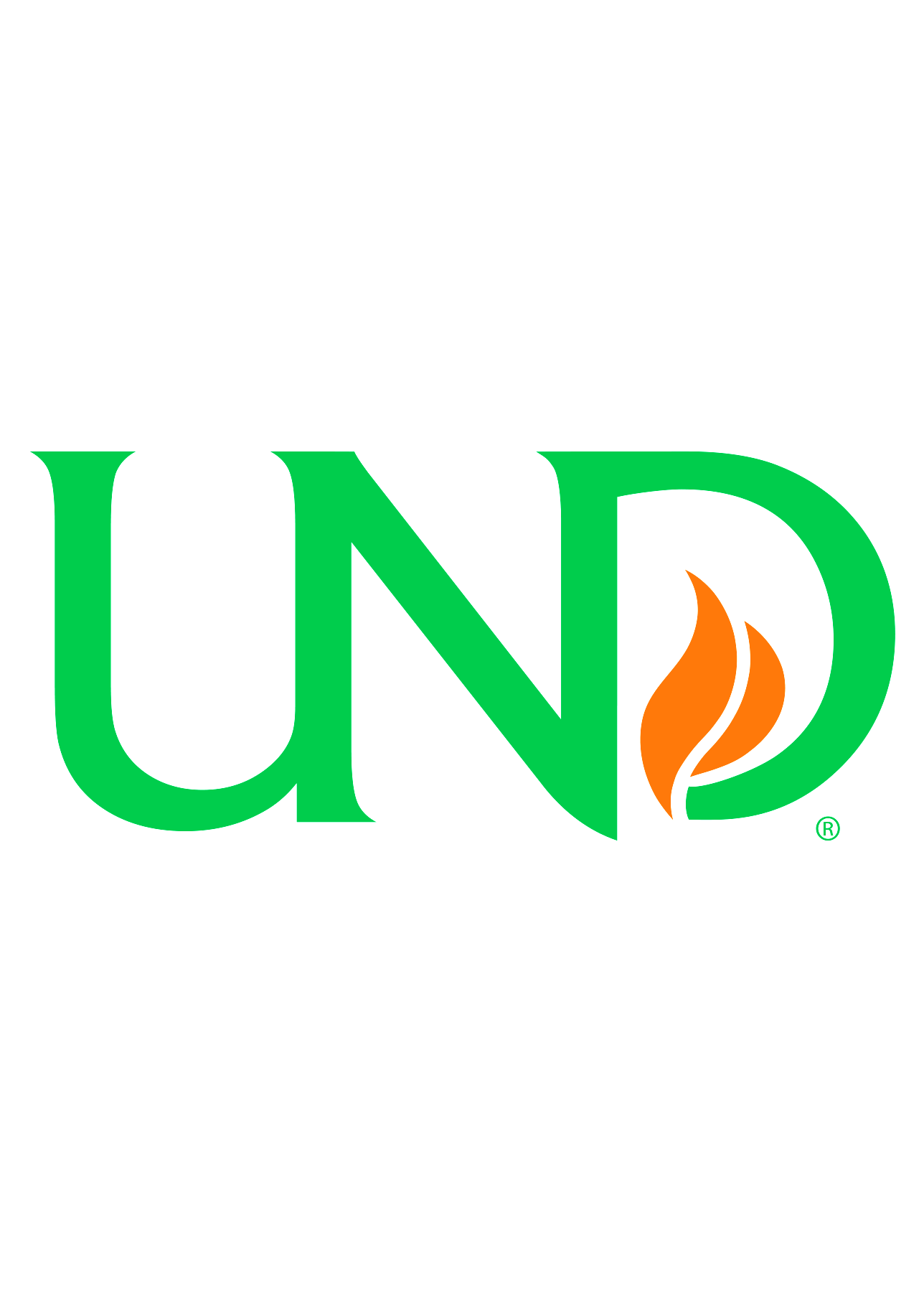
University of North Dakota
Intelligent Score: 94.20In-state: $8,540
Out-of-state: $12,810
In-state: $11,060
Out-of-state: $11,060
SAT: 1000-1230
ACT: 20-27
$552
Online
Council for the Accreditation of Educator Preparation
32

University of West Georgia
Intelligent Score: 94.05In-state: $4,371
Out-of-state: $15,426
In-state: $4,338
Out-of-state: $4,338
SAT: 900-1090
ACT: 17-22
$241
Online, On-Campus
Southern Association of Colleges and Schools Commission on Colleges
30
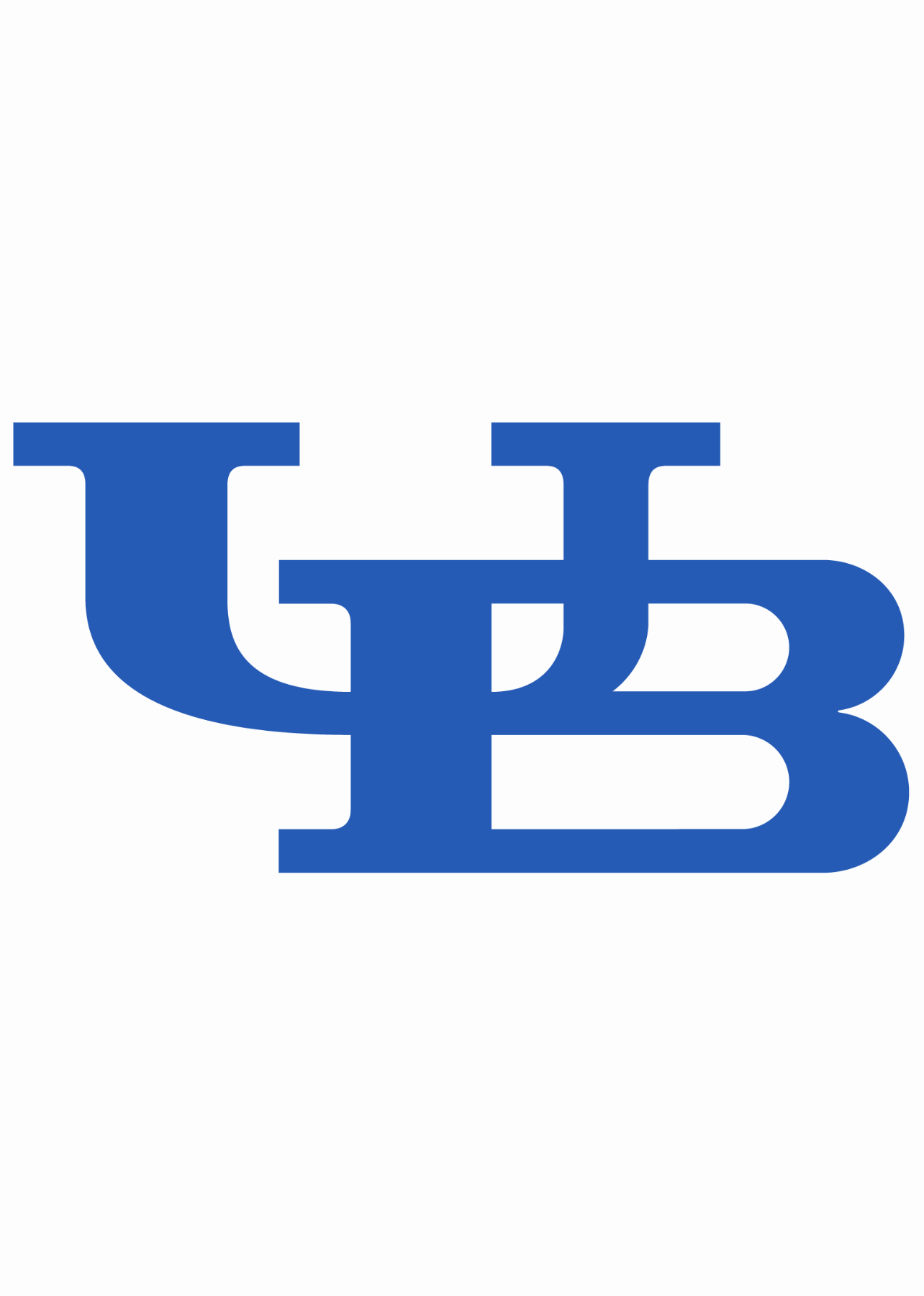
University at Buffalo
Intelligent Score: 93.83In-state: $7,070
Out-of-state: $24,740
In-state: $11,310
Out-of-state: $11,310
SAT: 1140-1310
ACT: 23-29
In-State: $471
Out-of-State: $1,011
Online, On-Campus
Middle States Commission on Higher Education
30
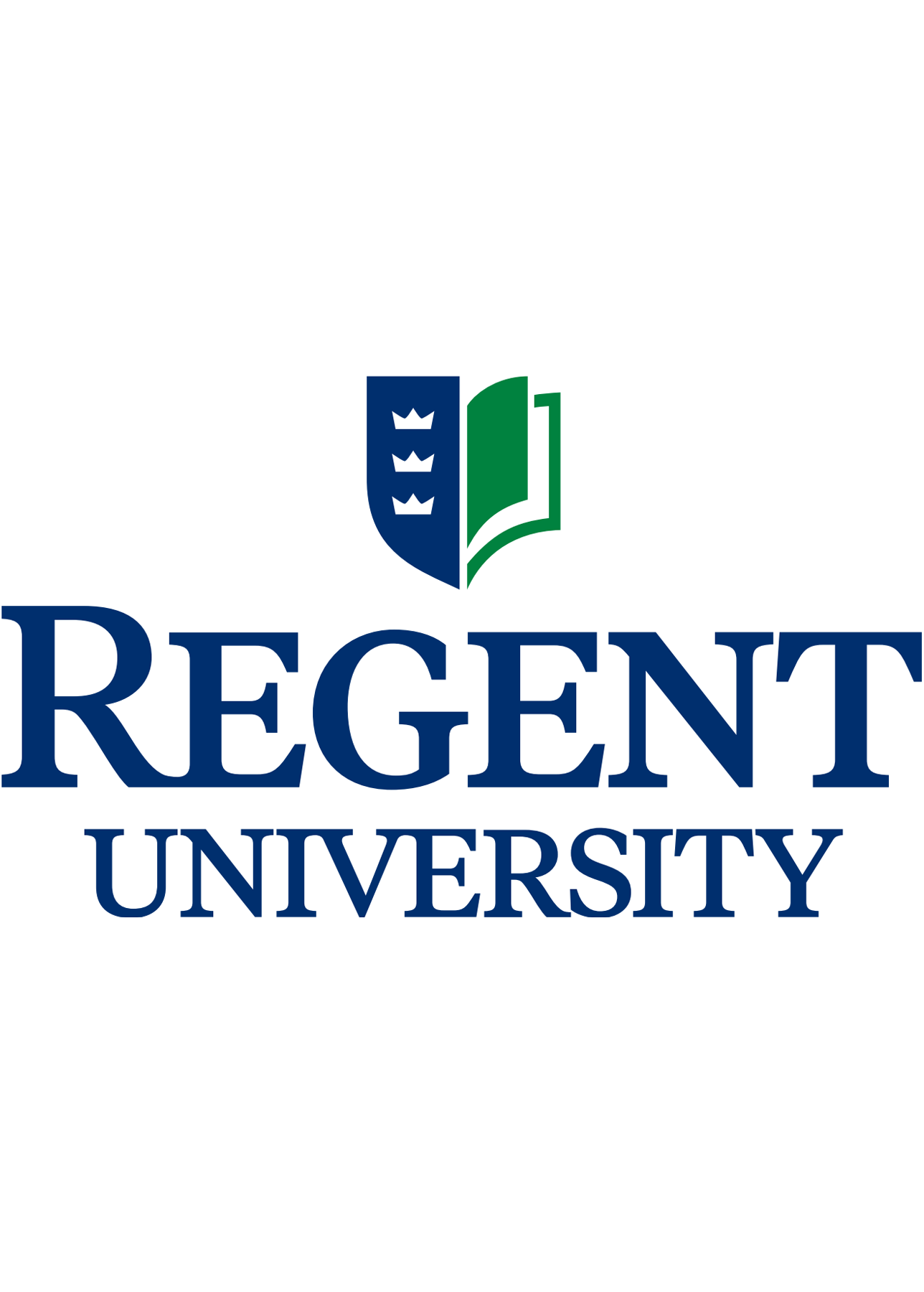
Regent University
Intelligent Score: 93.75In-state: $17,220
Out-of-state: $17,220
In-state: $15,552
Out-of-state: $15,552
SAT: 940-1220
ACT: 21-29
$565
Online
Southern Association of Colleges and Schools Commission on Colleges
32
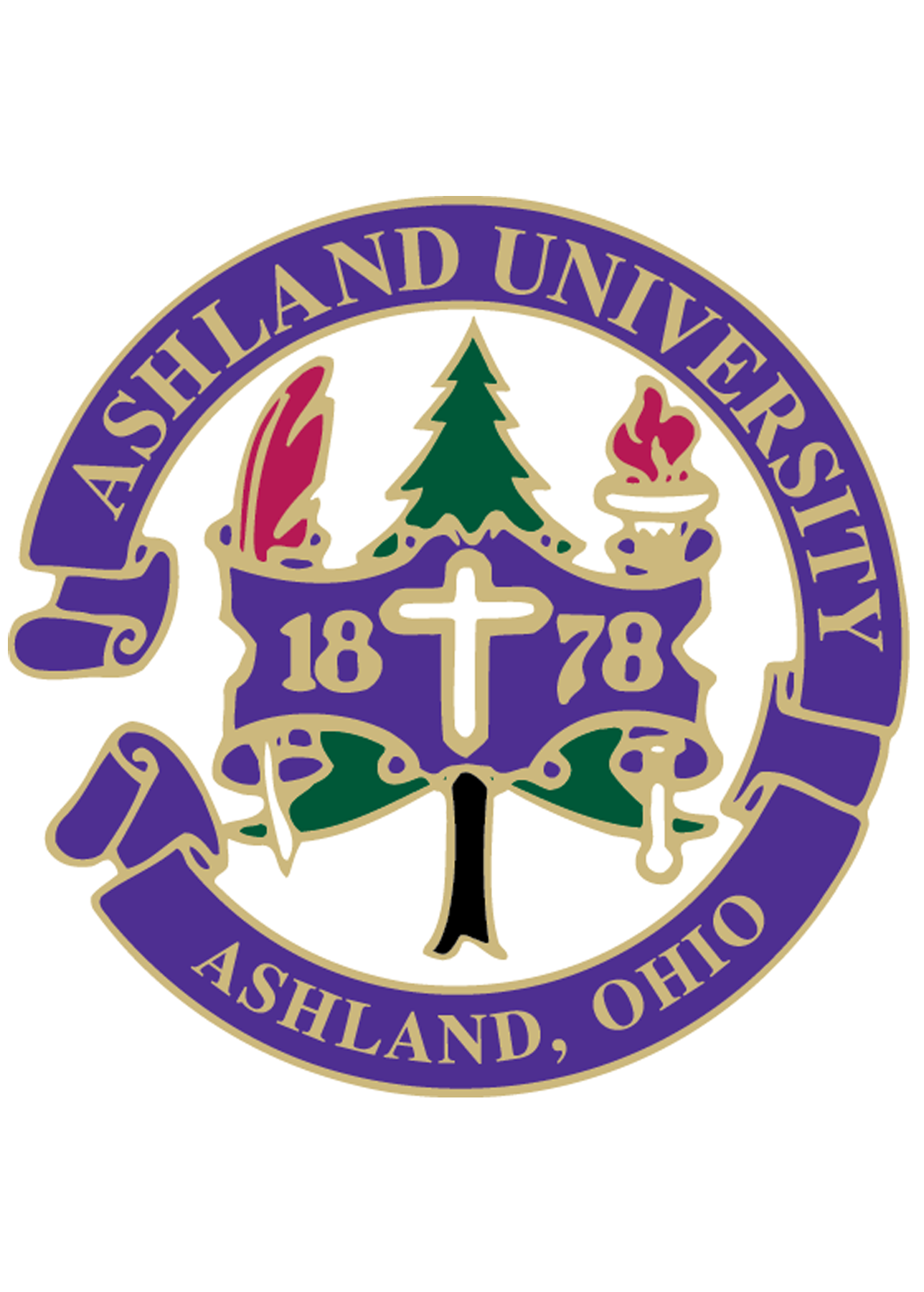
Ashland University
Intelligent Score: 93.42In-state: $22,000
Out-of-state: $22,000
In-state: $6,444
Out-of-state: $6,444
SAT: 1000-1208
ACT: 19-24
$690
Online
Higher Learning Commission
30-33

University of Wisconsin-La Crosse
Intelligent Score: 92.79In-state: $9,273
Out-of-state: $37,161
In-state: $10,728
Out-of-state: $10,728
SAT: 1260-1460
ACT: 27-32
$396
Online
Higher Learning Commission
36
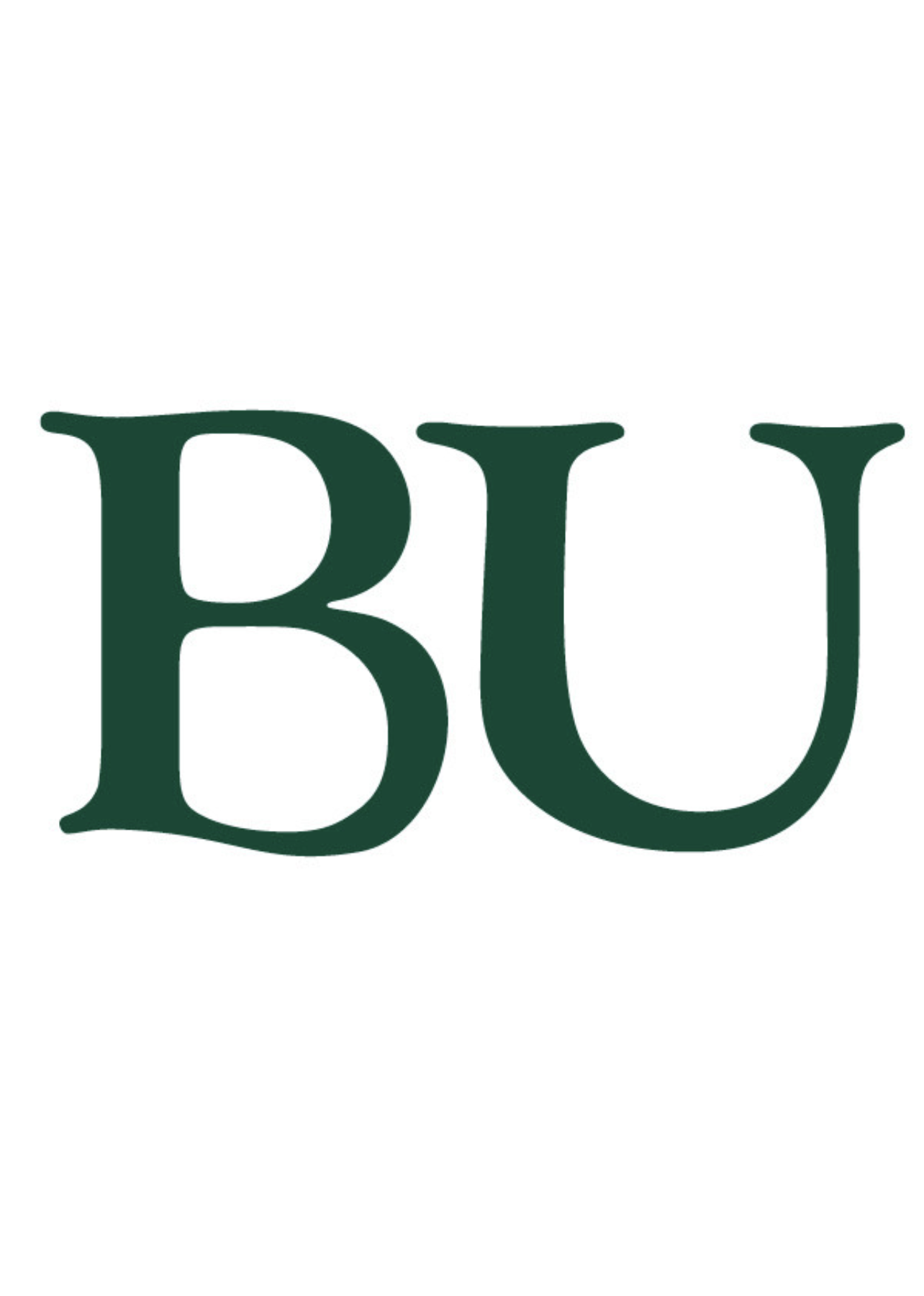
Belhaven University
Intelligent Score: 92.55In-state: $26,650
Out-of-state: $26,650
In-state: $10,350
Out-of-state: $10,350
SAT: 995-1135
ACT: 19-23
$615
Online
Southern Association of Colleges and Schools Commission on Colleges
33
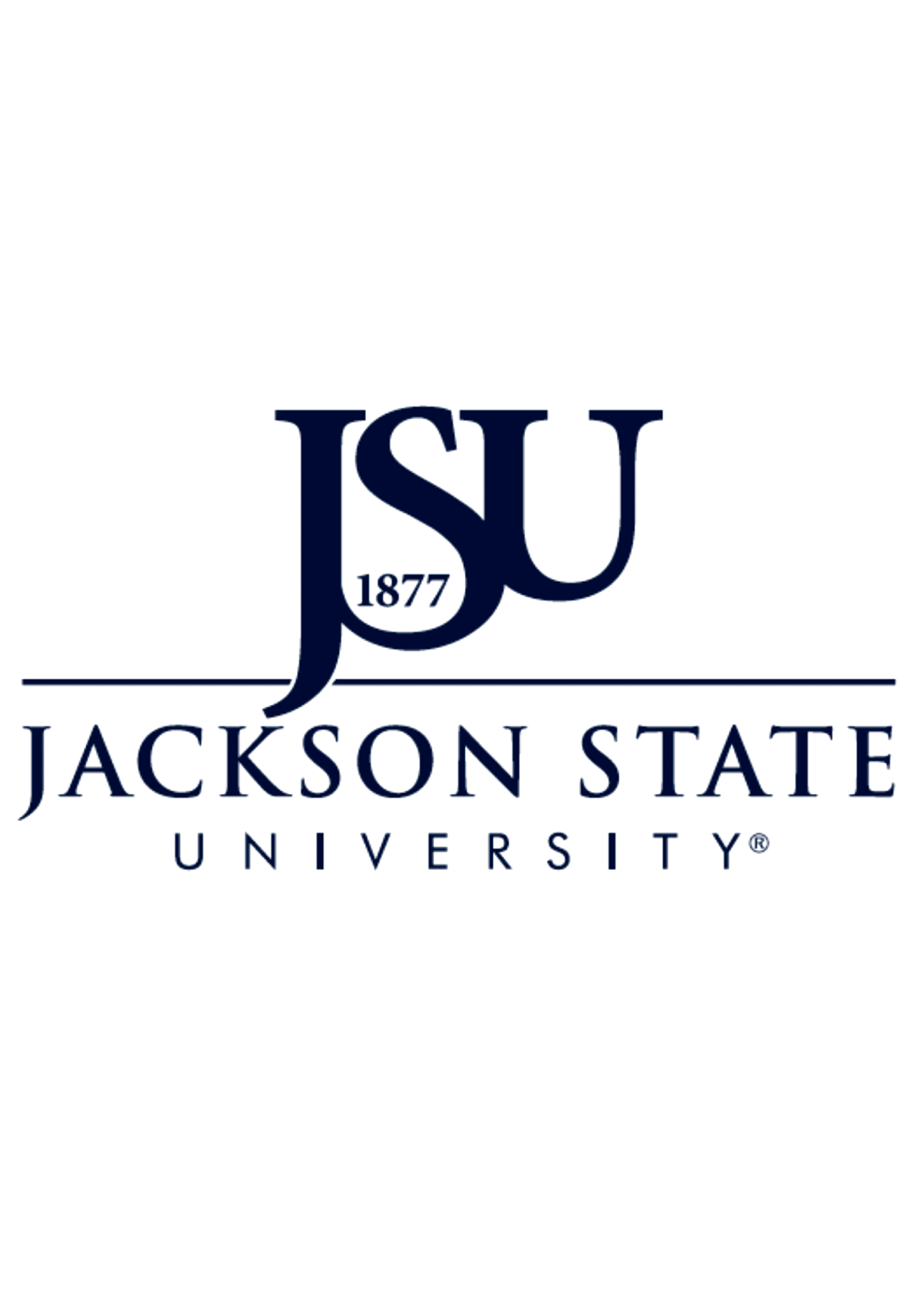
Jackson State University
Intelligent Score: 91.81In-state: $8,270
Out-of-state: $8,270
In-state: $8,270
Out-of-state: $8,270
SAT: 890-1050
ACT: 17-20
$476
Online
Southern Association of Colleges and Schools Commission on Colleges
36
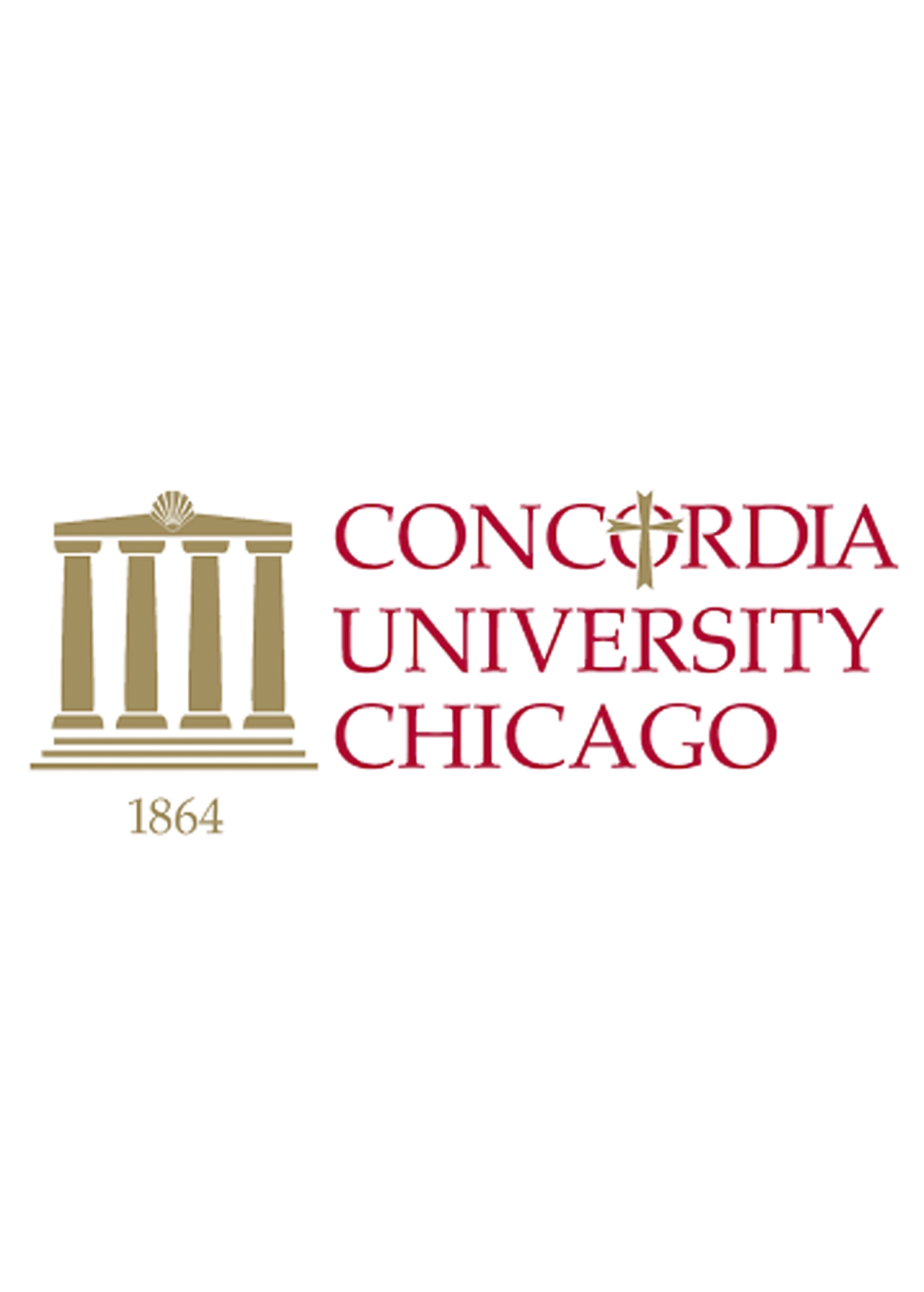
Concordia University, Nebraska
Intelligent Score: 91.38In-state: $32,660
Out-of-state: $32,660
In-state: $9,090
Out-of-state: $9,090
SAT: 990-1180
ACT: 19-25
$450
Online
Council for the Accreditation of Educator Preparation
33
How to Choose an Online Master’s in Reading and Literacy Program
Choose your area of study
The most common graduate degrees in this subject are a Master of Education (MEd), Master of Arts (MA), or Master of Science (MS). Many programs will allow you to select a concentration and focus your studies on a particular niche in this field, such as English as a second language, literacy and technology, teaching, coaching, curriculum development, or leadership. If you already know what you would like to do after you graduate, look for programs that closely match your career goals.
Research schools and programs
You should only apply to institutions that have been approved by a DOE-recognized regional accrediting organization, such as the New England Commission of Higher Education or Northwest Commission on Colleges and Universities. These organizations evaluate schools to ensure they provide students with a high-quality education. Those who attend a school that isn’t regionally accredited may be unable to access financial aid or transfer credits to another institution if needed.
If you’re interested in a teaching career, look for programs that have also been accredited by the Council for the Accreditation of Educator Preparation (CAEP). This organization has particularly high standards for education-related programs.
An online master’s in reading and literacy program should provide the following, at a minimum, to graduate students:
- Credentialed faculty
- Student support services
- Networking opportunities
- Learning experiences outside of the classroom
- Flexibility
To learn more about any schools that you’re interested in, you can visit the school’s website, contact an admissions counselor, follow the school on social media, or attend an in-person or virtual open house.
Prepare for tests and applications
Each online master’s in reading and literacy program has its own application requirements. Some involve taking entrance exams, like the Graduate Record Exam (GRE), while others accept years of experience in the field as a substitute for the GRE.
Generally, master’s degree programs require potential students to submit a copy of undergraduate transcripts showing completion and overall GPA. Transcripts must be sent directly from the university, so it’s crucial to make the request promptly. Other items to submit may include a personal statement, letters of recommendation, and a resume.
Creating a spreadsheet and checklist can help students stay organized and avoid feeling overwhelmed. Also, you should always contact an admissions counselor to ensure you have the most accurate information regarding requirements and deadlines.
Select your program
Some students submit multiple applications to online master’s programs, thinking this increases their acceptance odds. Others focus on one specific university. One way is not better than the other, except when considering the costs associated with each application.
Students who prefer to submit multiple applications should contact each school’s admissions department to inquire about application fee waivers.
Students who struggle with narrowing their list of programs can create a list of standards and eliminate the ones that don’t meet them. Examples of standards include offering accelerated programs or being able to access faculty.
Before making your final decision, review your needs and goals again. Do you plan to attend school full-time or part-time? Do you want your program to be as online as possible, or are you fine with a hybrid program that has a fair amount of in-person requirements? Some programs offer asynchronous courses, which can be completed at your own pace, while others only offer synchronous courses, which involve remotely attending lectures and completing assignments at the same time as other students — which of these two online learning formats do you prefer? Your school should accommodate your scheduling needs and learning preferences.
Determine how you will pay for the program
Students can find many ways to pay for all or part of their tuition by participating in the following:
- Fellowships
- Assistantships
- Work-study
- Local, state, and federal scholarships
- Local, state, and federal grants
- Employer tuition assistance
In addition, students can apply for numerous types of loans they must repay after graduation. Working with a financial aid counselor, students can learn how to start their search for financial assistance, typically with the Free Application for Federal Student Aid (FAFSA).
What Can You Expect from an Online Master’s in Reading and Literacy Program?
For full-time students, completing an online master’s in reading and literacy program can take two years. For part-time students, it may take three or more years. During this time, all students will complete between 30 and 40 credits of core curricula and electives related to reading and literacy. Students will learn about the connection between human development and literacy, teaching literacy, and literacy research.
Depending on a student’s study area, they may have to take courses above the master’s level or pass certification exams to obtain a specific job. For example, a language arts teacher must pass the National Board Certification exam and meet other requirements. Literacy coaches and reading specialists must also obtain certification, with requirements varying by state.
Most master’s-level programs require students to complete a practicum or internship working in a community setting under the direct supervision of a licensed professional.
Potential courses you’ll take in an online master’s in reading and literacy degree program
- Elementary Reading and Writing. This class covers how to teach reading and writing to elementary school students. Areas of focus include word recognition, vocabulary, understanding content, and assisting students with learning delays. Students work with visual learning aids, audiobooks for instruction, and the benefits of partner reading.
- Media and Technology. Students learn how to integrate computers, videos, and other resources into instruction to aid reading and literacy. The course reviews online learning technologies and methods to improve their teaching skills.
- Instruction Assessment. Students examine various assessment tools to measure reading, writing, comprehension, and language abilities and progress. Students learn what to do with assessment results, including professional reporting.
- Young Adult Literature. Students learn how to pick young adult literature for their classroom or school. The class explores all genres of young adult literature, including fiction, nonfiction, biography, poetry, magazines, and more. Students usually complete a portfolio project on a young adult literature topic.
- Literacy for Diverse Learners. Future teachers learn how to assess the cultural differences among students and the diverse learning styles and competencies. They also learn how to incorporate lesson plans that highlight diversity and help students explore cultures other than their own to increase empathy and tolerance.
What Can You Do With an Online Master’s in Reading and Literacy?
Career outlook
Obtaining a master’s degree in reading and literacy equips individuals with a profound understanding of effective literacy instruction. This advanced degree opens doors to diverse and impactful career opportunities, allowing graduates to play a pivotal role in fostering literacy skills across various educational settings.
Here are a few job possibilities that may be available for those with this advanced degree:
- Adult education or ESL teacher — Teach adult learners fundamental skills, such as how to read, write, and speak English.
- Median annual salary: $60,560
- Projected employment growth (through 2032): -13%
- New job openings projected: 4,200 annually
- Kindergarten or elementary school teacher — Teach subjects such as reading, math, and social studies to young children.
- Median annual salary: $63,670
- Projected employment growth (through 2032): 1%
- New job openings projected: 109,000 annually
- Instructional coordinator — Develop, implement, and assess the effectiveness of educational materials.
- Median annual salary: $74,620
- Projected employment growth (through 2032): 2%
- New job openings projected: 19,200 annually
Online Master’s in Reading and Literacy Degree Frequently Asked Questions
How do I apply to an online master's in reading and literacy degree program?
Admissions counselors at each university can answer all questions related to the application process. The best online master’s in reading and literacy programs usually request that students complete an application online and pay a fee, which is non-refundable.
Students can typically upload their resume, letters of recommendation, and personal statement. However, documents like transcripts and test scores must be sent directly from the school or organization in order to be considered official. Be sure to request these documents early to ensure they arrive by application deadlines.
How much does an online master's in reading and literacy degree cost?
The average annual tuition for a graduate degree program is $20,513. Private schools are usually more expensive than public schools, though public schools tend to charge out-of-state students a much higher tuition rate than in-state students.
How long does it take to earn an online master's in reading and literacy degree?
The time it takes someone to complete a master’s degree program depends on many factors. One student may attend full-time in an accelerated program and finish in one year. Another person with more work and family obligations may only be able to attend part-time, taking them three years to complete the program.
An online master’s in reading and literacy program that requires more than 40 credit hours will take longer than a program requiring only 30 credit hours. A significant difference in completion time is due to the structure and timeline of a program. Online master’s programs are often more flexible about when students can start a course.
Is an online master's in reading and literacy worth it?
Earning an online master’s in reading and literacy is highly valuable for educators seeking to specialize in literacy instruction. The program equips graduates with advanced knowledge and practical skills to address the diverse needs of learners and significantly impact literacy outcomes.
One of the key advantages of earning an online master’s in reading and literacy is the flexibility it offers. Online programs make it easier for students to balance their education with work commitments, and they provide access to quality instruction no matter where the student lives. This flexibility enhances opportunities for career growth and advancement within the field of literacy education.
Read More About Online Master’s in Reading and Literacy Degree Programs
Compare School Options
Related Degrees
- Coaching
- Teaching
- Physical Education
- Early Childhood Education
- Child Development
- Educational Leadership
- K-12 Education
- Graduate Certificate in Elementary Education
- Science Education
- Adult Education
